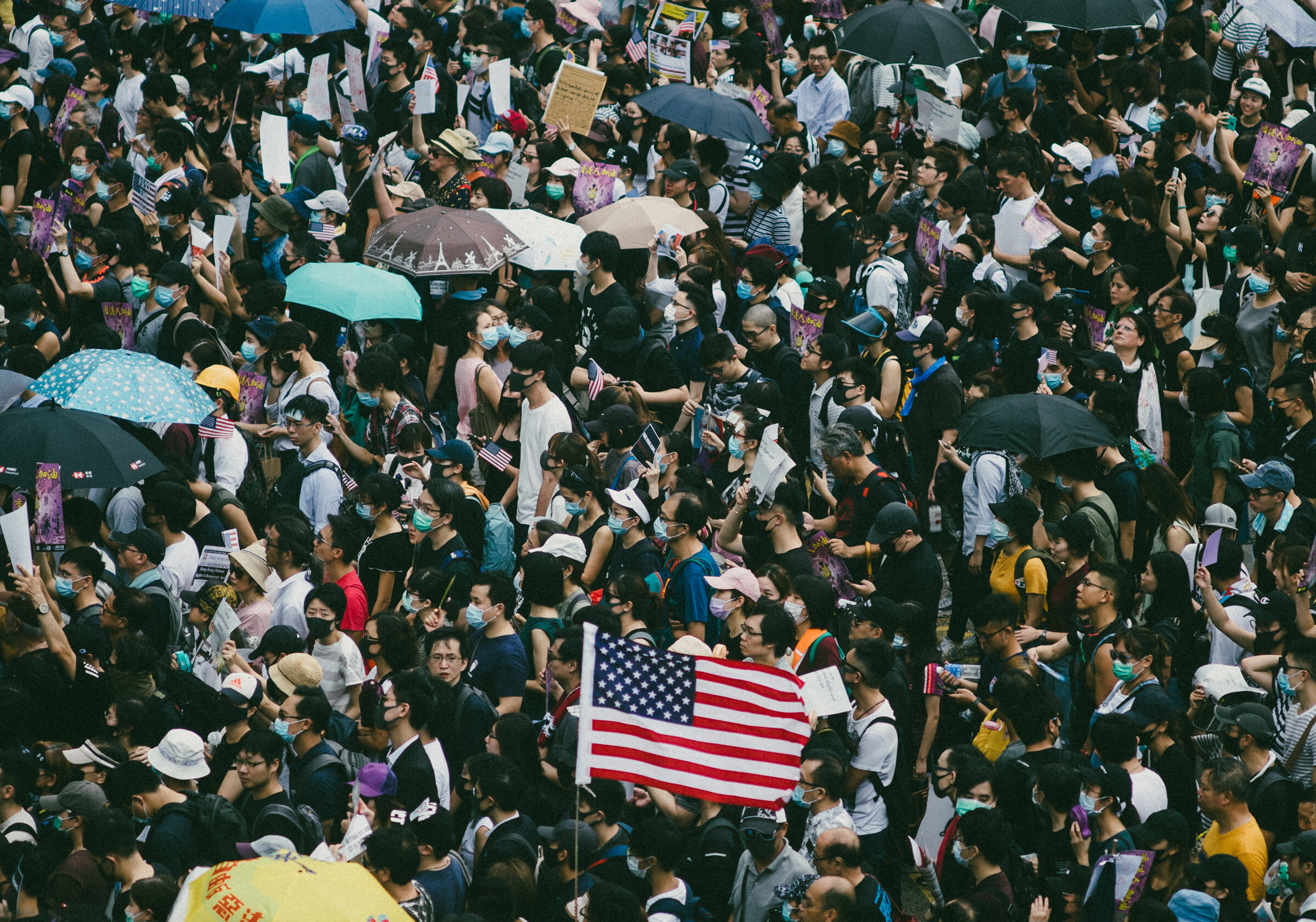MY TAKE
SO WHAT CHANGED, REALLY?
Image credit: JOSEPH CHAN on Unsplash.
By SHAGORIKA EASWAR
Now that the US elections are almost behind us, we will have a president on January 20 (that’s how it works), and the dust is settling somewhat, perhaps it’s time to wonder just what the fuss was all about, anyway.
We see this outpouring of emotion before and after each election, all over the world. Thankfully, it’s not nearly as hysterical in Canada, but elsewhere, including in India and the US, party spokespersons and supporters yell at each other on television talk shows. They accuse the other party’s candidate of all nefarious deeds while painting theirs’ as a candidate for sainthood. They come out on to the street to celebrate when their party/candidate wins, partying like they’d won the lottery.
And therein lies the clue to why people are so invested in their candidate, why they believe his or her success is their success. Because now this person will fix everything and all will be fine in their universe.
Successive elections have not taught the electorate that nothing much changes. Not really.
Perhaps the relationship between the ruler and ruled is encoded in our DNA. Once upon a time, there was the king or queen and the “praja” or the people. Or a landlord and his people. A landlord in the olden days that is – someone who owned the land people tilled or worked on for a pittance. This played out on cotton plantations in the US, on landholdings in England and in villages in India where bonded labour referred to their lord and master as mai-baap, or literally, mother-father. The ruler was the giver of all things that gave life.
The ruler, if he or she was good, looked after the people. If he/she was a despot, people hunkered down and waited for death or dethroning for deliverance.
Until democracy reached certain parts of the planet. Now the people had the power to vote someone they liked into power. They could vote for change, for achche din or to make America great again.
Except that nothing, really, had changed. Those who cried themselves hoarse while in opposition, promising sweeping change, and the sun, the moon and the stars, as well, changed themselves when in power.
There was only so much one man can do, one heard. Only so much a party that “inherited a mess” can change.
Barring a few (very few) leaders who were truly invested in the future of their country, the rest tend to have a four-year or five-year view. They can only see as far ahead as the next election and therefore, are in constant election mode, making populist moves.
Oh, they make grand announcements alright, but when it comes right down to it, the men and women celebrating on the streets go back home to the same old-same old dressed up as new.
We were discussing this at home one night over dinner. My husband told our son that people have to learn to look after their own interests. Promises will be trotted out, a lot of noise made, but no one is going to come to anyone’s rescue.
At the moment of reckoning, rules will be cited, sub clause this or that which prevents the new mai-baap from doing any more.
I told him about a recent television interview I watched in which Rajdeep Sardesai spoke to Prashant Bhushan and his father Shanti Bhushan. Both are lawyers – Shanti Bhushan was India’s law minister under Moraraji Desai. Even if this is going too far back for most readers, what they had to say about the current state of affairs would be an eye-opener.
Even someone as experienced as Prashant Bhushan, a supreme court lawyer, had placed his faith in Arvind Kejriwal. He saw him as the deliverer from all that ailed the political system until Kejriwal turned into the system himself. The idol had feet of clay.
Our son gave us a patient hearing. But young and idealistic, he thinks otherwise.
He believes one should engage, vote the right people into power and then hold them accountable.
We think so, too, we said. We are enthusiastic advocates for engaging. Be informed, engage at every level from the municipal to the federal – specially in a country like Canada where by and large, even the jaded feel a sense of hope.
Just don’t leave it up to someone else to decide your future for you.

